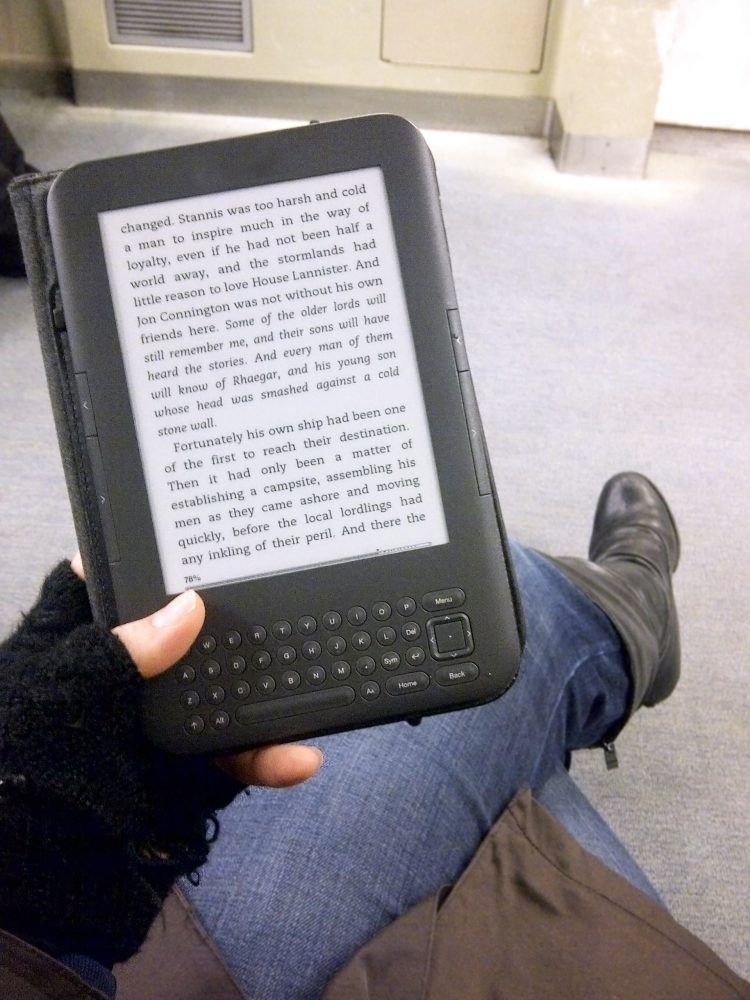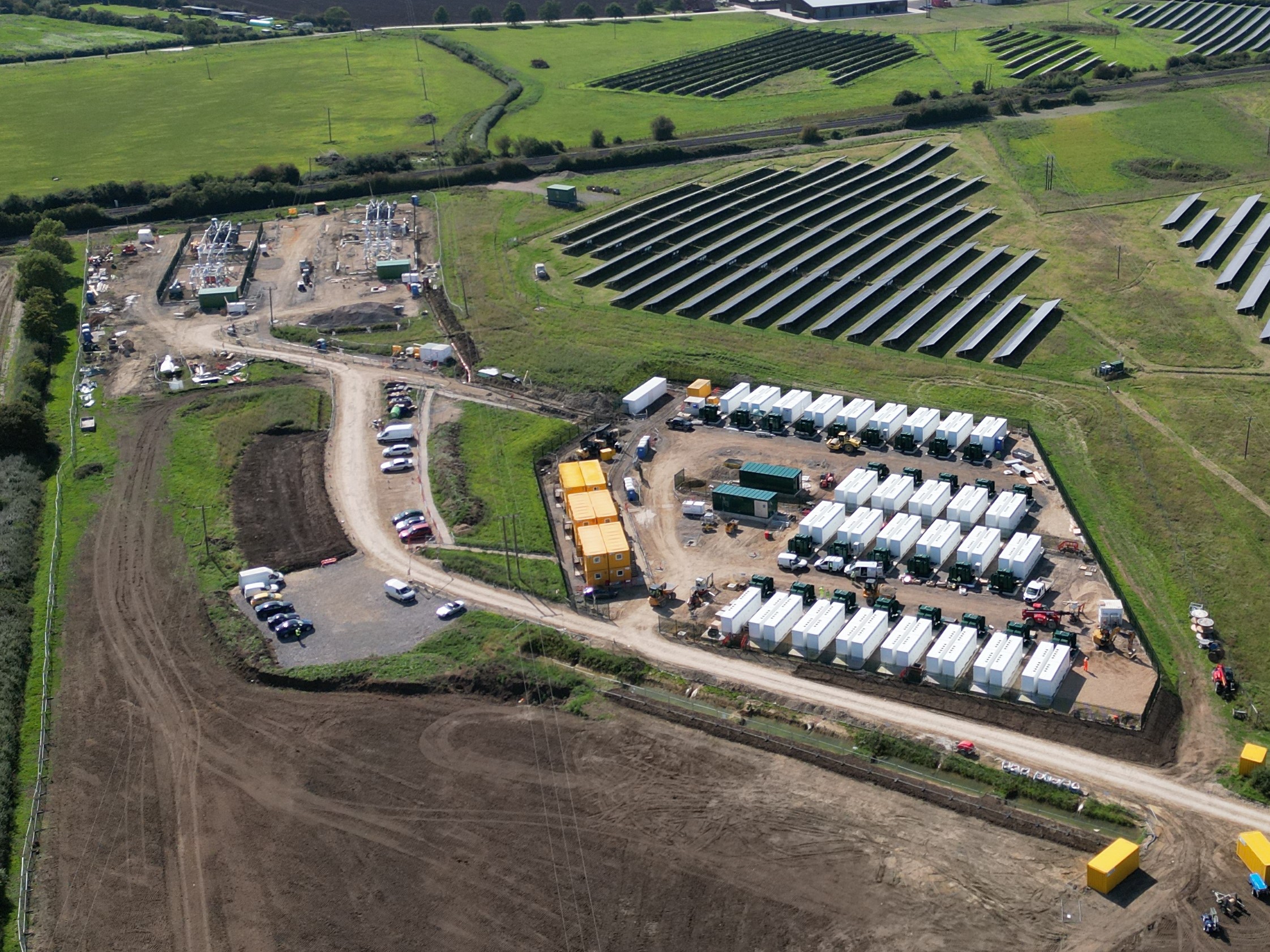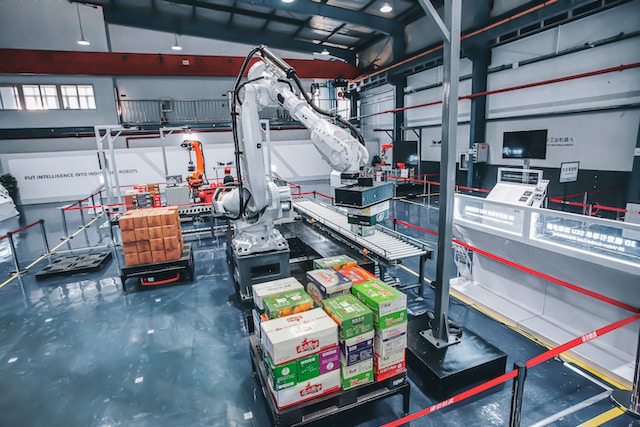The internet was created during the Cold War to allow for decentralized communication in the event of a nuclear war. Today, the internet and mobile devices allow friend and foe alike to know everything possible about the world’s citizens, more than they know about themselves. Of course, this information is benign in the hands of the right people, but in the hands of the wrong people, irreparable harm can be done.
The influence of computer culture, including mobile devices, on politics in general and democracy, in particular, is a question that is likely to ruffle some feathers. Clearly, computers have transformed society, communication, entertainment, and business in unbelievable ways. But are computers and AI improving democracy or threatening it?
Some argue that many of the world’s governments currently operate in political organizations that were created centuries ago and that move too slowly given today’s fast paced changes to society, technology, and economics.
There is a lot of what Samuel Gompers, US labor leader who lead the American Federation of Labor in the 1920s, called “pie in the sky.” That is, promises that sound good and tasty but which will never be delivered. For example, the gaming industry is one of the great developments of the computer revolution and expectations are that soon computer game-like software, also known as “gamification,” will help support democracy and help promote conflict resolution. That certainly sounds like pie-in-the-sky given the huge gulf between Democrats and Republicans in the United States.
And the old saying, “a chicken in every pot,” due to the computer revolution, has morphed into “a smartphone in every hand.” It’s believed by many that the mobile revolution and the communication it has fostered will connect people together and education and political awareness will spread, but smartphones may go the same way as TVs, which held the same promise but were taken over by economic interests that created mindless programming and focused on creating needs that people hadn’t had before, what Noam Chomsky has called “manufacturing consent.”
A recent book “Digital Detachment: How Computer Culture Undermines Democracy” argues that:
“The digital revolution is changing the world in ecologically unsustainable ways: (1) it increases the economic and political power of the elites controlling and interpreting the data; (2) it is based on the deep assumptions of market liberalism that do not recognize environmental limits; (3) it undermines face-to-face and context-specific forms of knowledge; (4) it undermines awareness of the metaphorical nature of language; (5) its promoters are driven by the myth of progress and thus ignore important cultural traditions of the cultural commons that are being lost; and (6) it both by-passes the democratic process and colonizes other cultures.”
The following video, “Chinmayi Arun”: AI Threats to Civil Liberties and Democracy,” explains threats that may be coming from AI, if not managed properly.







